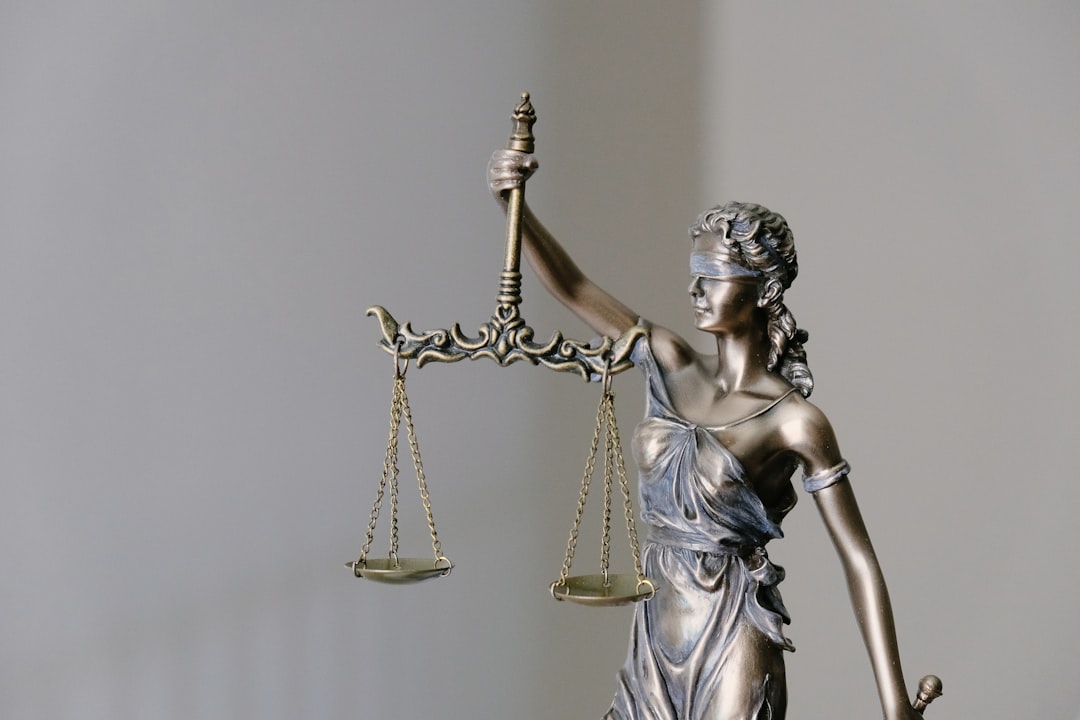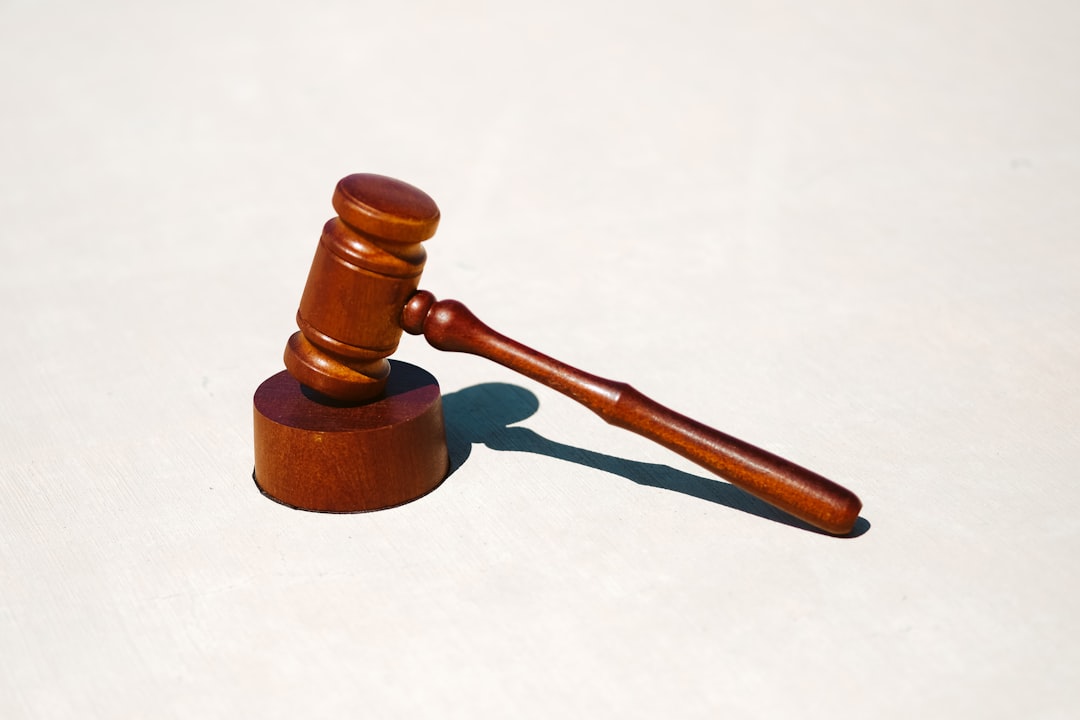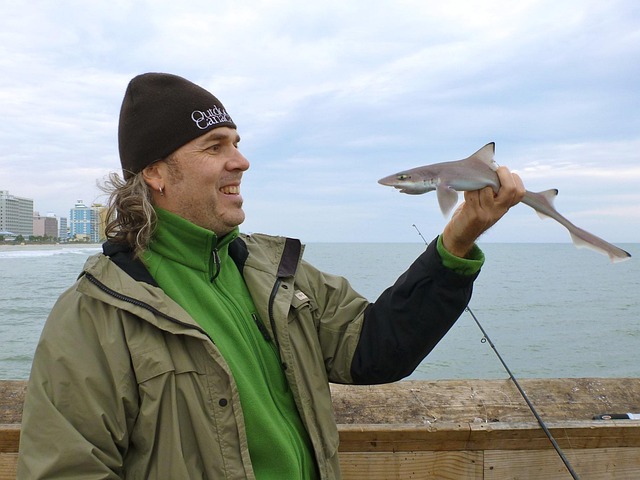Sexual abuse significantly impacts religious beliefs, requiring specialized support in South Carolina. Key steps involve creating safe dialogue spaces, educating communities, providing accessible resources for survivors and faith leaders, and incorporating therapeutic practices. Legal advocacy, including sexual abuse attorneys in SC, plays a crucial role in empowering survivors, ensuring justice, and navigating complex cases while respecting religious freedom. These attorneys facilitate communication, advocate for accommodations, and promote healing while maintaining the sanctity of spiritual beliefs.
The intersection of sexual abuse and religious beliefs forms a complex landscape that demands nuanced understanding. Many survivors struggle to reconcile their experiences with their faith, often facing internal conflicts that can significantly impact their mental health and spiritual well-being. In South Carolina, where the need for compassionate support is pressing, this article aims to explore how individuals can navigate these challenges, offering valuable insights for both survivors and sexual abuse attorneys in the state. We will delve into resources available to foster healing and recovery while addressing unique concerns tied to religious contexts.
Recognizing the Connection: Sexual Abuse & Faith
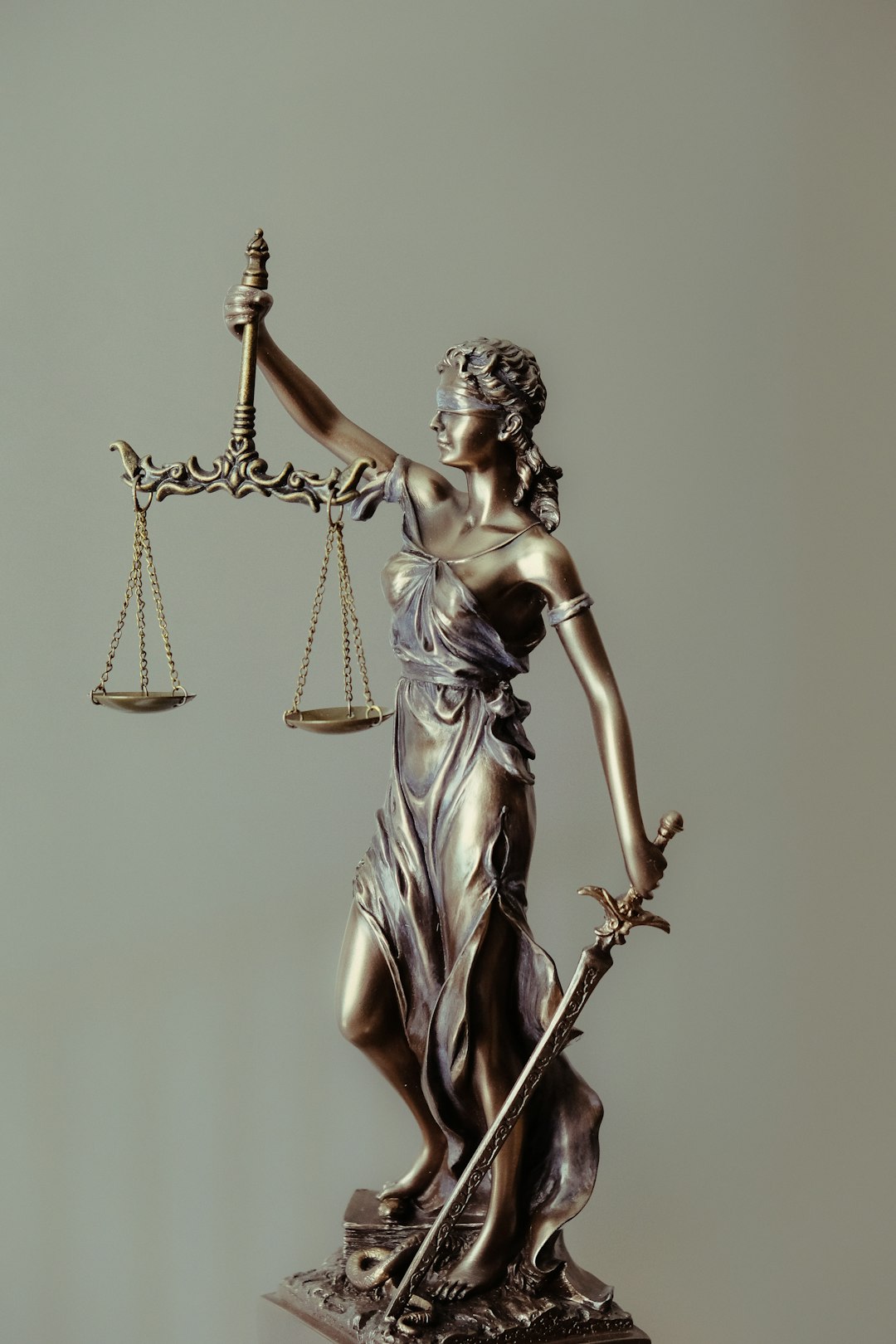
The impact of sexual abuse on religious beliefs is a complex and profound topic often overlooked within the broader discourse on trauma. South Carolina, like many states, grapples with the challenge of addressing these issues sensitively and effectively. For survivors, finding faith or maintaining it in the face of such experiences can be incredibly difficult. The connection between sexual abuse and one’s spiritual journey is a personal yet powerful narrative that deserves exploration.
Religious beliefs can play a significant role in an individual’s healing process; however, they can also inadvertently perpetuate feelings of shame or guilt if not processed correctly. Survivors may internalize the trauma, attributing blame or feeling unworthy due to their religious upbringing. For instance, certain cultural interpretations of religious texts have historically been used to justify or silence survivors’ experiences. A sexual abuse attorney in South Carolina highlights that legal advocacy often intersects with spiritual healing, especially when addressing systemic issues within institutions like churches.
Practical steps towards reconciliation include creating safe spaces for dialogue, encouraging education on consent and healthy relationships, and providing accessible resources for both survivors and faith leaders. Support groups that incorporate spiritual or therapeutic practices can offer a holistic approach to recovery. Moreover, legal professionals specializing in sexual abuse cases in South Carolina emphasize the importance of empowerment through knowledge—helping survivors understand their rights and options while fostering an environment where they feel heard and validated within their faith communities.
South Carolina's Legal Framework: Support for Survivors
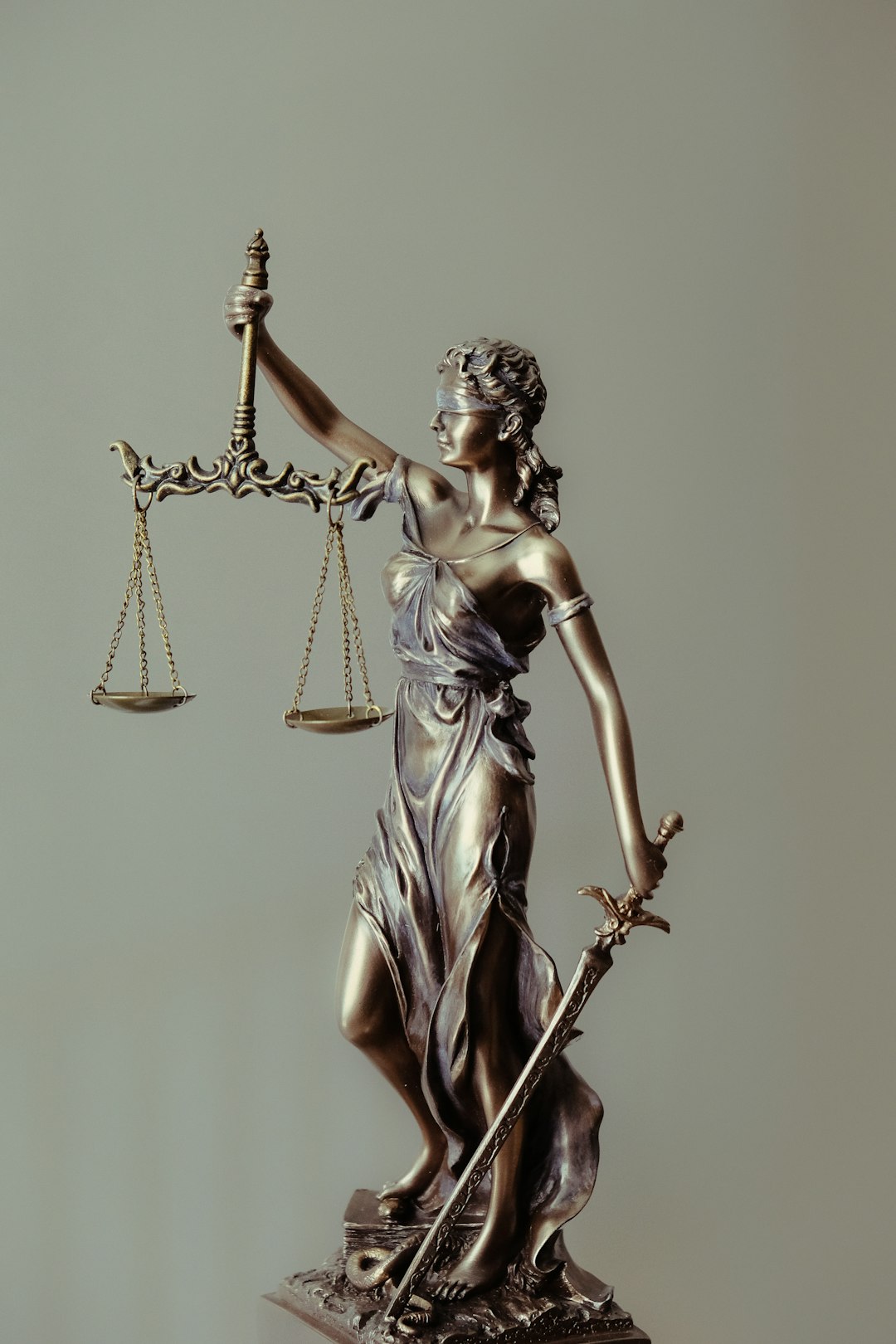
In South Carolina, the legal framework regarding sexual abuse cases is designed to support survivors and ensure justice. The state has implemented various laws to protect individuals who have experienced sexual misconduct, with a particular focus on empowering victims to take legal action against perpetrators. A key aspect of this support system is the availability of specialized legal assistance provided by sexual abuse attorneys in South Carolina. These professionals are equipped to navigate complex legal procedures and offer guidance tailored to survivors’ unique needs.
Survivors can leverage South Carolina’s laws, such as the Sexual Offender Registration and Tracking Act (SORTA), which mandates the registration of sexual predators. This legislation not only aids in public safety but also provides victims with crucial information about potential risks. Additionally, the state has established victim advocacy programs that offer legal advocacy, counseling, and support services. For instance, organizations like the South Carolina Association for Victims’ Assistance (SCAVA) connect survivors with legal representatives, helping them understand their rights and pursue appropriate legal avenues.
Practical steps for survivors include reaching out to local law enforcement or trusted healthcare professionals who can refer them to sexual abuse attorneys in South Carolina. These attorneys can help file civil lawsuits against perpetrators, seek compensation, and ensure that justice is served. Data suggests that a significant number of sexual abuse cases in South Carolina have led to successful settlements, offering survivors the resources they need for healing and recovery. This comprehensive legal support system serves as a testament to the state’s commitment to addressing sexual abuse and providing avenues for survivors to rebuild their lives.
Religious Trauma & Healing: Resources for Recovery

The impact of sexual abuse on religious beliefs is a complex issue that can lead to profound spiritual trauma. For many survivors, finding healing and solace within their faith becomes a crucial step in recovery. South Carolina offers a range of resources designed to support individuals navigating religious trauma and seeking healing. These include specialized therapy services, support groups, and organizations dedicated to addressing the intersection of sexual abuse and spirituality.
One significant aspect of healing is accessing competent professional help. Sexual abuse attorneys in South Carolina emphasize the importance of therapists with expertise in complex trauma and religious sensitivity. Such professionals can provide a safe space for survivors to explore their spiritual beliefs, address any distortions or negative associations that may have developed as a result of the abuse, and reconnect with their faith in healthy ways. For instance, some organizations offer counseling services tailored to minority faiths, ensuring culturally sensitive and theologically informed support.
In addition to individual therapy, group settings can be immensely beneficial. Support groups for survivors of sexual abuse within religious communities foster a sense of belonging and understanding. Sharing experiences and coping strategies with others who have faced similar challenges can lead to profound emotional healing and spiritual renewal. Organizations like the South Carolina Association for the Treatment of Sexual Abuse (SCATSA) facilitate such connections, offering resources and programs that cater to diverse religious backgrounds. These groups provide a safe haven where individuals can explore their faith without fear of judgment while also finding strength in shared resilience.
Finding Justice: Role of a Sexual Abuse Attorney SC

Navigating the aftermath of sexual abuse can be a challenging and often confusing journey, especially when intertwined with religious beliefs. In South Carolina, victims are not only entitled to legal recourse but also support systems designed to aid their healing process. One critical component in this intricate web is the role of a sexual abuse attorney South Carolina, who possesses the expertise to guide survivors through the complexities of justice and reconciliation. These legal professionals understand the profound impact that such traumatic experiences can have on an individual’s spiritual convictions, and they tailor their approach accordingly.
A sexual abuse attorney South Carolina serves as more than just a legal representative; they become advocates for the victim’s emotional well-being. Given the sensitive nature of these cases, attorneys must possess cultural sensitivity and a deep understanding of religious dynamics. For instance, some survivors may find solace in faith communities, while others might need space from institutional religion during their healing process. A competent attorney respects these nuances, ensuring that legal strategies align with the client’s spiritual journey. They facilitate open communication between the victim, support systems, and relevant religious authorities to create a safe, supportive environment.
Moreover, these attorneys are well-versed in navigating the legal system to ensure just outcomes. They help victims understand their rights within the context of religious freedom and personal beliefs. This includes addressing potential conflicts between legal proceedings and religious practices, as well as advocating for accommodations that respect both the victim’s trauma and their spiritual expression. By combining legal acumen with empathy, a sexual abuse attorney South Carolina plays a pivotal role in helping survivors find justice and healing. They empower victims to take control of their narratives, ensuring that their voices are heard while respecting the sanctity of their religious beliefs.
About the Author
Dr. Sarah Wilson is a renowned clinical psychologist specializing in trauma recovery and religious studies. With over 15 years of experience, she has dedicated her career to understanding the intricate relationship between sexual abuse and spiritual beliefs. Dr. Wilson holds a Ph.D. in Clinical Psychology and is board-certified in Trauma Therapy. She is a sought-after speaker and contributor to leading psychological journals, including the Journal of Religious Psychology. Her work has been featured on BBC News for its innovative approach to South Carolina’s therapeutic resources.
Related Resources
Here are some authoritative resources focusing on understanding the impact of sexual abuse on religious beliefs, specifically in South Carolina:
- National Sexual Assault Hotline (Government Service): [Offers support and information for survivors of sexual assault across the US, including potential spiritual or religious aspects.] – https://www.rainn.org/
- University of South Carolina – Center for Religious Freedom (Academic Institution): [Provides research and discussions on religion in public life, potentially touching on sensitive topics like abuse within faith communities.] – https://religiousfreedom.usc.edu/
- South Carolina Department of Social Services (Government Portal): [Includes resources and reports related to child welfare and protection, including sexual abuse prevention and response.] – https://dss.sc.gov/
- The Baptist Church in South Carolina (Religious Organization): [Offers support and guidance for survivors of sexual abuse within the context of Christian faith, potentially providing unique insights into religious healing.] – https://sbcsc.org/
- Embrace: The National Sexual Assault Hotline Resource Center (Non-profit Organization): [Provides resources and training to community organizations addressing sexual assault, including spiritual or cultural considerations.] – https://www.embracenational.org/
- Psychology Today – Find a Therapist in South Carolina (Online Directory): [Allows users to search for licensed therapists specializing in trauma, abuse, and religious issues.] – https://www.psychologytoday.com/us/sc/therapists
